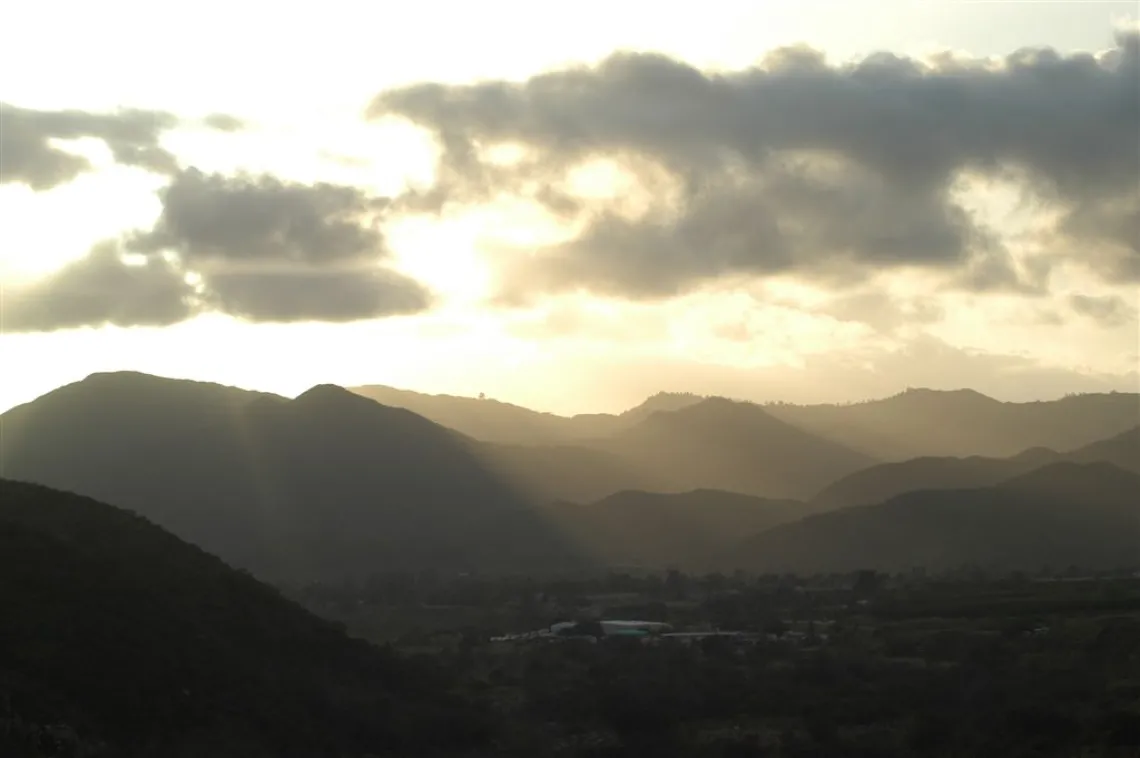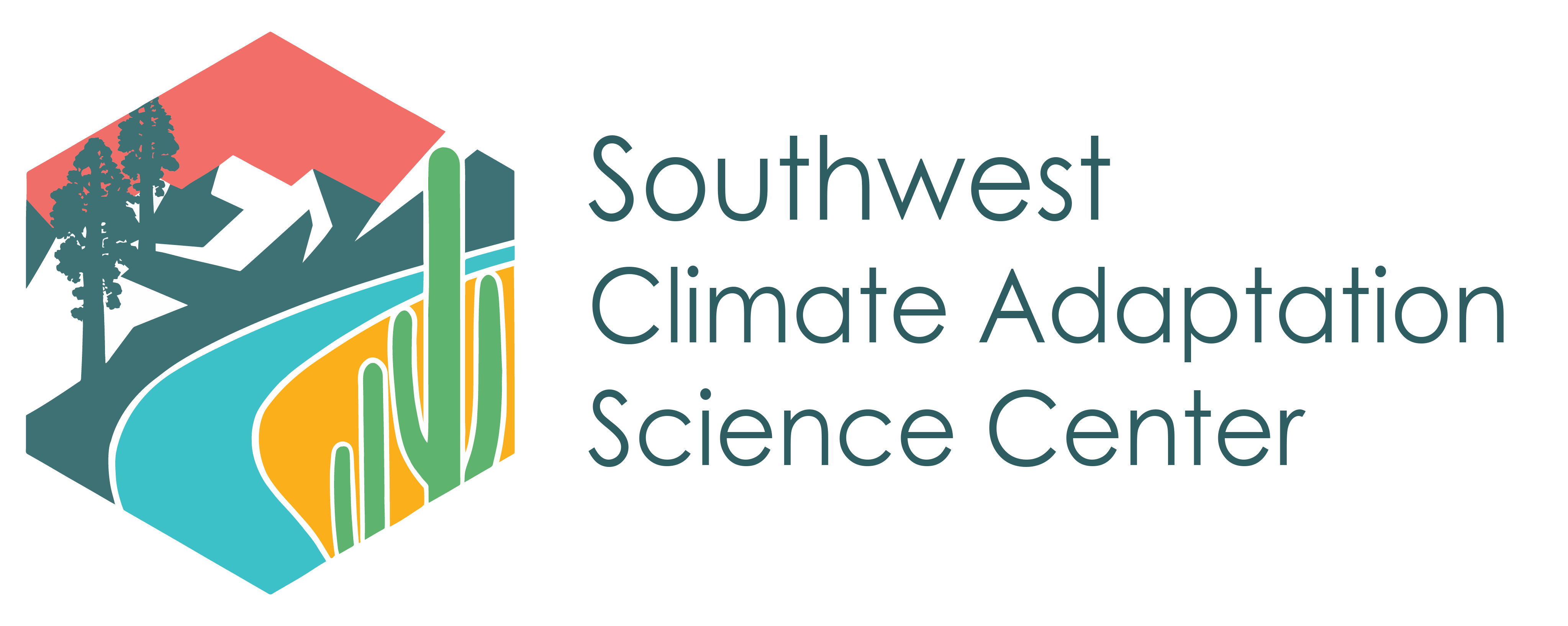Coping with Crisis: Building Psychosocial Resilience in the Face of Climate Change

What comes to people’s minds when you talk to them about climate change? Chances are, they think about melting ice and sea-level rise, extreme weather, wildfire, plant and animal extinctions, and other environmental effects. But how often do people consider the effects of climate change on human physical and mental health? What about social and cultural health? It is not just the environment that the climate is changing; it is also our well-being and the well-being of our communities.
How do people cope when faced with a crisis? Climate change is more than a crisis; it is an existential threat to our very existence, and it can feel overwhelming. If you work on the front lines of climate change adaptation, then you know better than most what it feels like to be faced with crisis every day. That is why it is so important to include psychosocial resilience strategies in our approaches to climate change adaptation. There are steps we can take to help support and strengthen mental, social, and cultural health in our communities.
In late 2016, the Pala Environmental Department at the Pala Band of Mission Indians received a five-year EPA grant to begin developing the Tribal Climate Health Project, an initiative that is focused on providing resources, trainings, and information to assist tribes with conducting vulnerability assessments and developing climate adaptation plans with a focus on tribal community health and well-being. Unfortunately, because of changes in the federal administration, the EPA grant was only funded for the first year; however, we were able to put together funding from other sources, including the BIA’s Tribal Resilience Grant program and the National Indian Health Board’s Climate Ready Tribes initiative. With these new funding sources secured, Pala and its consulting partner, Prosper Sustainably, moved forward with developing tools and trainings for tribes throughout the United States. While we initially focused on physical health effects, we recognized quickly that the stress of dealing with the effects of climate change could also have a dramatic impact on both individual and community mental and emotional health. This realization led us to develop a psychosocial resilience framework as a key component of the Tribal Climate Health Project.
Tribal communities are on the frontlines of climate change in terms of both environmental and cultural impacts. Tribal knowledge and ways of life are intimately bound to the landscape – so what happens when climate change starts to alter that landscape? This is where the mental and emotional toll becomes so apparent. I have spoken to tribal citizens throughout the United States through the Tribal Climate Health Project and other climate-focused work, and I hear so many stories about the devastation that people feel when subsistence species like wild rice and salmon dwindle in number, or when traditional plants don’t flower or fruit when they should, or when entire villages have to be relocated because of melting permafrost. That’s why it is so important to provide resources for coping with these losses.
Of course, there is no one-size-fits-all solution when it comes to building psychosocial resilience. Every indigenous community is unique, so resilience strategies have to build upon existing norms, values, and practices. But we can provide starting points for thinking about what it takes to protect the emotional well-being of individuals and communities. Chemşhúun Pe’ícháachuqeli (When our Hearts are Happy): A Tribal Psychosocial Climate Resilience Framework is a resource that we developed for Pala that also provides a potential starting point for other tribal communities that are concerned about emotional well-being. Our hope is that people can use it to develop their own community-specific resources for protecting mental health and developing climate change coping strategies.
As someone who works on climate change every day, I find it important to also safeguard my own emotional resilience. If I don’t take care of myself, it’s hard to help others. It’s easy to lose hope sometimes, but I find strength in knowing how many hard-working and dedicated colleagues and friends I have on the front lines doing this work with me – like my friends at the Southwest CASC! I’m hopeful that more people will start to address the psychosocial impacts of climate change on tribal communities, and I’m grateful and humbled by the opportunity to help with resources from the Tribal Climate Health Project.
*Shasta Gaughen is the Environmental Director and the Tribal Historic Preservation Officer for the Pala Band of Mission Indians in Pala, California. On July 29th, 2020, Dr. Gaughen presented on this topic in a SW CASC webinar. View the recording here.

